From June 11 to 13, IWHR, together with the International Research and Training Center on Erosion and Sedimentation (IRTCES), participated in the 50th anniversary celebrations of UNESCO’s Intergovernmental Hydrological Programme (IHP) at UNESCO Headquarters in Paris. In addition to successfully organizing side event “From Scientific Frontiers to Water Action,” the delegation engaged in bilateral exchanges with various partners from the UNESCO HQs and French water community.
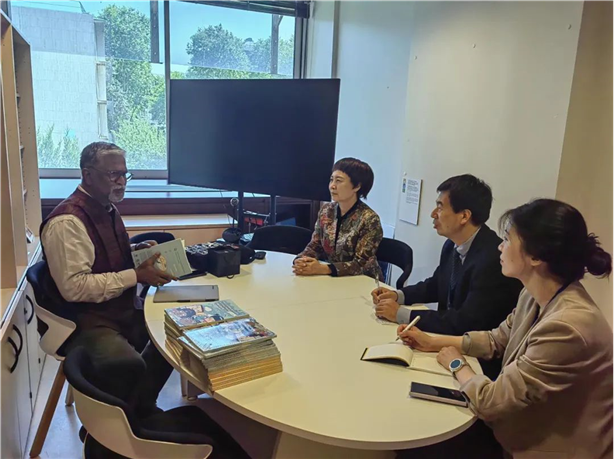
During the meeting with the Executive Office within UNESCO’s Natural Sciences Sector, Dr. Peng Jing, IWHR President and DG of IRTCES, reviewed the successful collaboration focusing on the multi-lingual translation and promotion of Water Education Series, a popular science book series for school-age children, and River Ethics and China’s Practice, a report that has been translated into six official UN languages with the support of UNESCO. The two sides exchanges opinions on a global collection of case studies related to river governance philosophies and practices, to further promote knowledge sharing and capacity building for sustainable water governance worldwide.
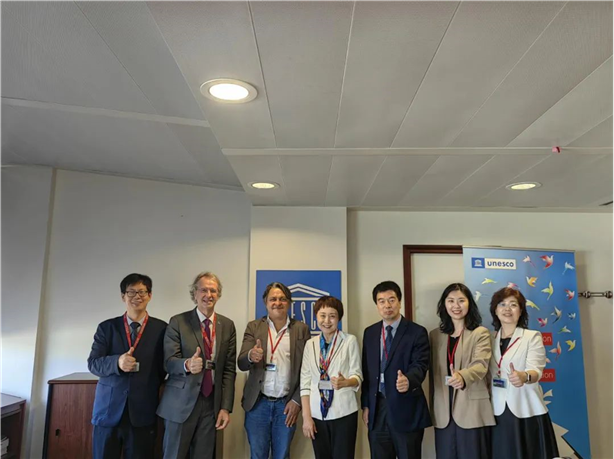
In discussions with the électricité de France (EDF), Dr. Peng introduced the report Smart Dams – Concepts and Practices compiled by IWHR. She emphasized the shared interests of China and France in modernizing water infrastructure and expressed interest in collaborating with EDF on upgrading aging water infrastructure and enhancing automated monitoring systems.
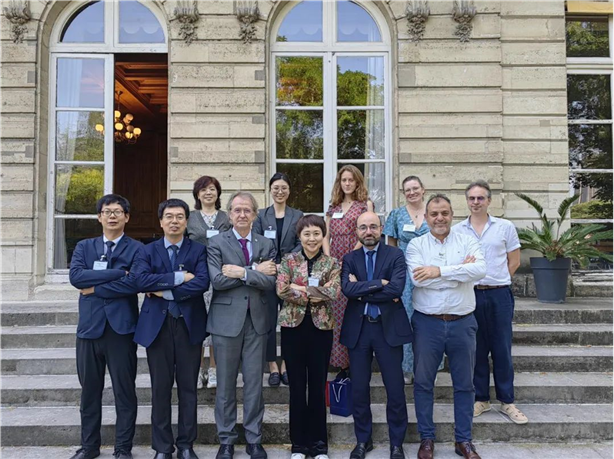
When visiting the MINES ParisTech, the delegation explored the school's research capabilities in new material development, watershed hydrological modeling under climate change, and intelligent irrigation scheduling. Dr. Peng shared China's initiatives in digitizing and networking the national water grid and discussed potential collaborations in integrating industry-academia-research efforts, studying the natural-social dual water cycle, and cultivating interdisciplinary water engineers.
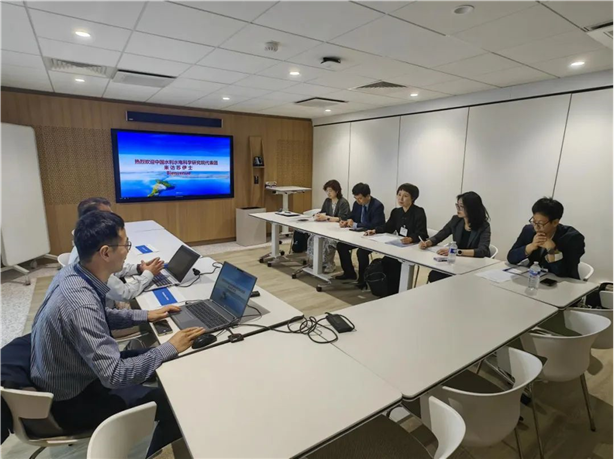
During the exchanges with the SUEZ Group’s Smart Water Center, the delegation visited the central control center and engaged in in-depth discussions on core algorithms for smart water meters, integrated water network analysis platforms, and public water usage analytics and education.
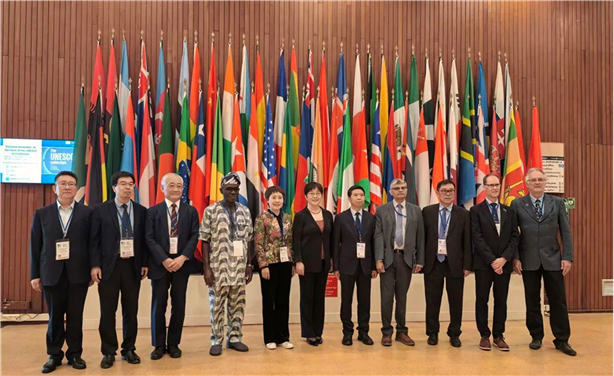
The delegation also met with representatives from UNESCO Category 2 Centers and UNESCO Chairs and shared effective practices in leveraging water science to support sustainable development.